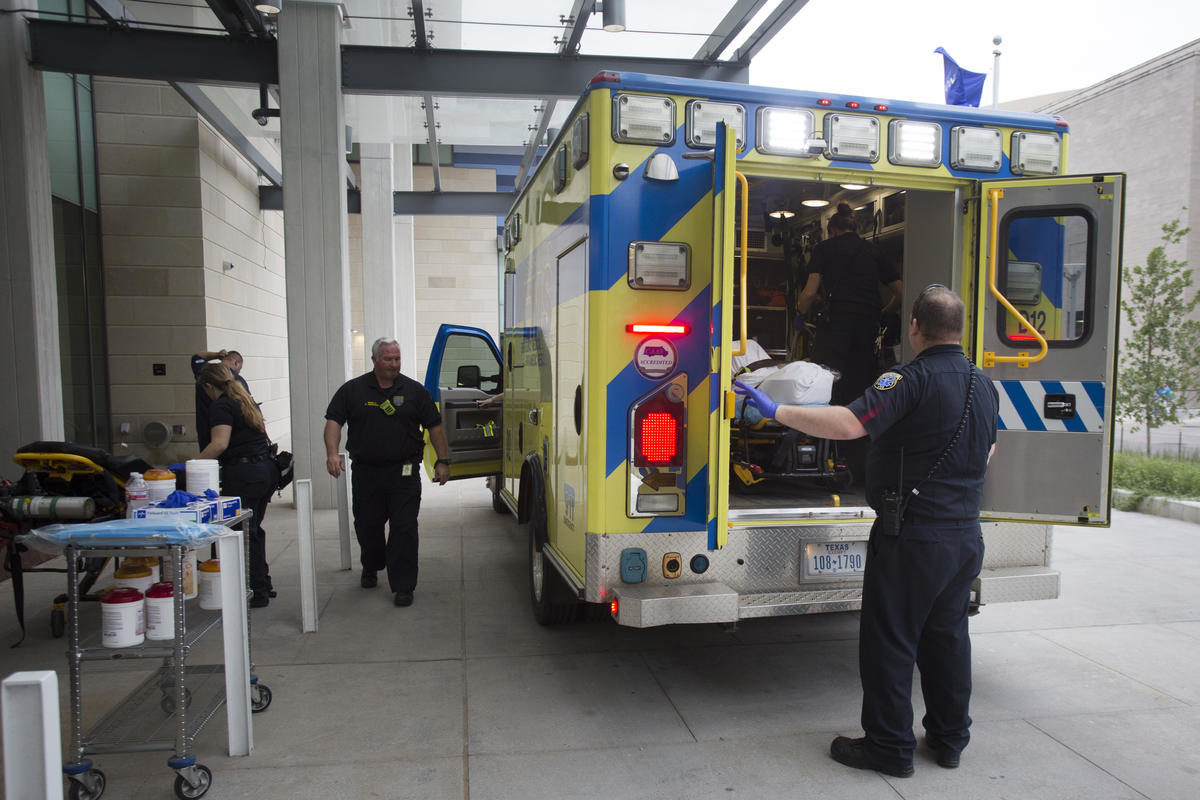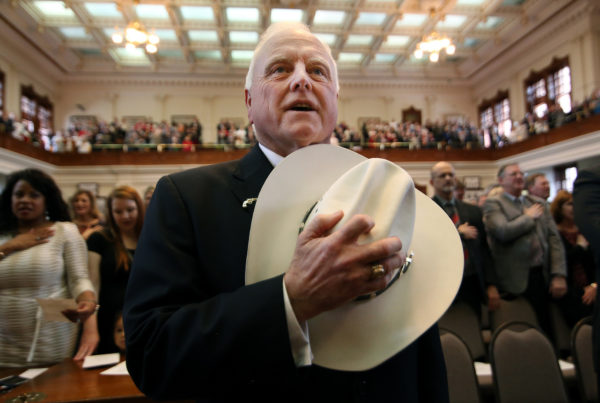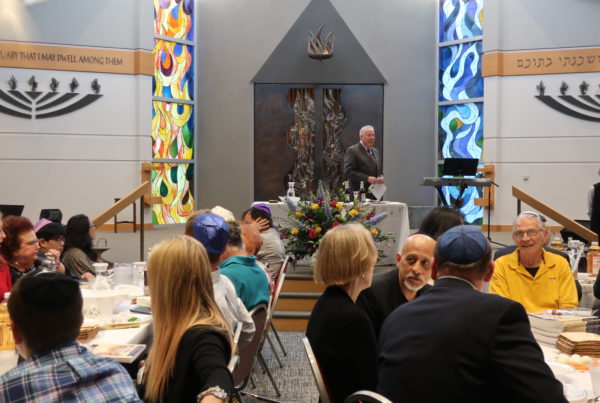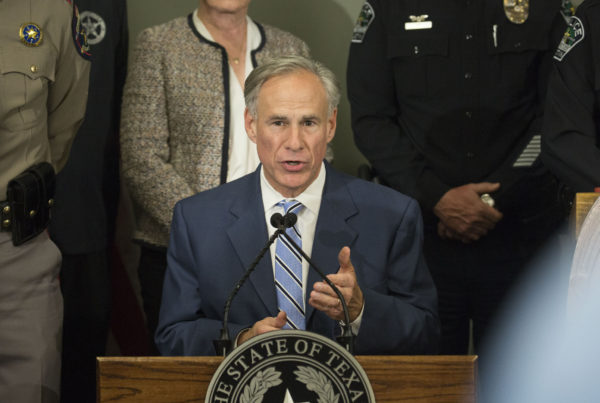The Standard’s news roundup gives you a quick hit of interesting, sometimes irreverent, and breaking news stories from all over the state.
Bleeding victims who receive a tourniquet before arriving to the hospital are six times more likely to survive, compared to victims who didn’t receive one. That’s according to a new study by trauma researchers at UT’s Dell Medical School.
KUT’s Ashley Lopez reports.
The study followed 1,026 patients who sustained injuries on their arms or legs and severed major blood vessels. What researchers found is that people who had tourniquets put on them – which reduces blood flow to the arms or legs, were more likely to survive because they lost less blood before they got the hospital. Pedro Teixeira, a trauma surgeon at Dell Med, says everyone should be taught to create a tourniquet so they can help someone in case of a mass shooting or any other kind of trauma situation.
This approach to bleeding has much to share and much in common with what’s being done in terms of cardiac arrest with CPR and defibrillators which we have today,” Teixeira says.
He says this study is inspired by the “Stop the Bleed” campaign, which was created by the Obama administration in 2015. The campaign is aimed at encouraging bystanders to become trained, equipped, and empowered to help someone who is bleeding before professional help arrives. UT Austin began offering those training classes last year.
A Dallas-area megachurch has pledged to pay off more than $10 million in medical debt for area families and veterans.
During Easter Sunday services
, Pastor Stephen Hayes of Carrolton’s Covenant Church announced that in the spirit of forgiveness, the church would be donating more than $100,000 to help forgive medical debt for members of the community.
Hayes said in his sermon that previously, the church had spent thousands of dollars on Easter service mailers to get people in the doors. But this year they wanted to do something different.
“So I’m like i don’t know if that’s the best way to spend our money. So we’re trying to think how can we spend our money. So what if this year we sent a different kind of mail this year,” Hayes says.
Patients’ medical debt is often bought and sold by third parties, usually for pennies on the dollar. So the church partnered with the nonprofit group R-I-P Medical Debt, which buys and forgives debt for needy families. Every dollar donated to the group pays off $100 worth of debt.
“4,229 families this week will be getting a letter in the mail, within a 20 mile radius fo every campus saying your debt is completely gone,” Hayes says.
Hayes is well aware of the burdens of medical debt. When he was 17, he was hit by a car and fell into a coma. He recovered, but his family faced mounting bills, which the family was eventually able to pay off with help from their church. Hayes said that the decision to partner with RIP Medical Debt was the easiest decision the he’s ever made.
Don’t mess with Texas – that’s the message from the Texas Parks and Wildlife Department after sharing a photo of an alligator with a large shard of broken glass in its mouth. The photo was snapped by two visitors to Brazos Bend state park, southwest of Houston.
The department shared the picture on Facebook, reminding visitors to “leave No Trace” when visiting Texas parks, by picking up trash and respecting wildlife. Fortunately, the gator tossed the glass and was unharmed.
















